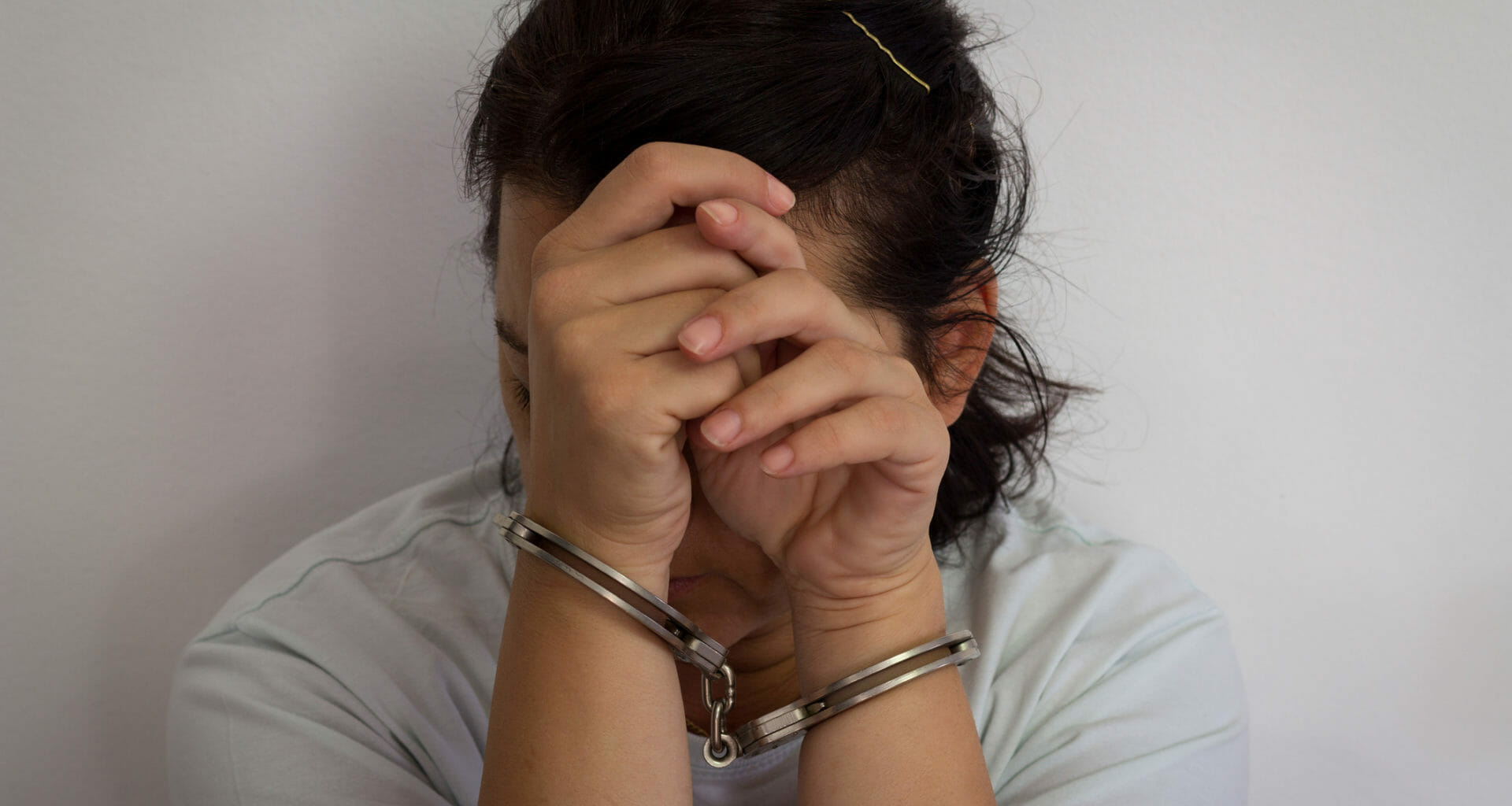Concerns about prison overcrowding and the lack of appropriate care for women prisoners in acute mental distress, previously raised by an international human rights body, have not been fully resolved by the Scottish Government, new research claims.
The research looked at concerns raised by the Council of Europe’s anti-torture committee (CPT) in 2018 and 2019, which described conditions in Scotland’s overcrowded prisons as “an emergency situation”.
Its reports highlighted a rise in drug-related violence, the overuse of segregation, and that inmates had been confined to small shared cells for lengthy periods of time.
It reported on the acute mental distress of some women prisoners observing that one was so unwell she had bitten her skin down to the bone, while another woman set fire to her hair.
The new research by the Scottish sub-group of the UK’s National Preventive Mechanism (NPM) shows that many of the CTP’s criticisms have not been fully addressed by the Scottish Government.
In reply the government said the report also highlighted many improvements already made and stressed it was “firmly committed” to ensuring all aspects of the Scottish policing and the prison system “meet or exceed international standards”.
Prison segregation
However the NPM report notes that though improvements have been made at Cornton Vale prison, with additional staff in place and training in trauma-informed care given, prisoners can still face lengthy delays in being transferred to appropriate psychiatric units.
As a result, the use of segregation continues as a way to manage “high levels of distress” experienced by inmates with complex mental health problems, the report claims. Last month the Mental Welfare Commission for Scotland found some were experiencing up to 82 days in segregation.
A prison insider said that while plans in development for the new women’s prison estate would bring many improvements, it would remain unsuitable for those with acute mental health needs. In recent years there have been several calls made for Scotland to address its lack of a high security women’s psychiatric facility.
The NPM report also highlights the ongoing use of police custody for over 24 hours, noting particular concerns over “the level at which individuals in situations of vulnerability and especially those with mental health distress find themselves in police detention in Scotland.” Police, it noted, were increasingly filling gaps in health provision.
Overcrowding also remained a significant issue according to the NPM, which stressed that Scotland must commit to the “presumption of liberty” with prison a last resort. As of 20 August the Scottish prison population was 7,562.
“The Scottish Government continues to pursue various initiatives to implement the presumption of liberty to stem the high prison population, including by diverting offenders from short prison sentences and increasing the use of community sentencing,” noted the report. “Despite this, the prison population has not decreased, and overcrowding in Scottish prisons has continued with the CPT stressing the issue in 2012, 2018 and 2019.”
Many prisoners are sharing cells as a result of the high numbers in Scottish jails and during Covid-19 restrictions prisoners spent over 23 hours a day in their cells. The report’s authors also note that while Covid allowed additional access to online activity, social isolation has become a growing issue.
Judith Robertson, chair of the NPM Scottish sub-group, said the group welcomed the recommendations made by the CPT in 2018 and 2019 and acknowledged some positive steps had been taken by the Scottish Government to resolve these.
“However, this report raises serious concerns,” she added. “We call on the Scottish Government to implement the outstanding recommendations as soon as possible, in particular taking note of the need for a concerted effort to effectively apply the presumption of liberty.
“This report is a significant step towards monitoring progress, but more work is needed by the Scottish Government to regularly monitor how these recommendations are addressed both now and in future.”
There is a lack of human rights focus in prisons and a failure to resolve some key issues around overcrowding.
Pauline McNeill MSP
Pauline McNeill MSP, Scottish Labour spokesperson on justice, welcomed the report. She added: “There is a lack of human rights focus in prisons and a failure to resolve some key issues around overcrowding. This has a serious impact on the prisons system’s ability to rehabilitate and ensure the safety of all those in detention.
“When we detain people we must have certain standards as regards their welfare and in relation to women offenders with mental health issues the Scottish Government and its administration have fallen far short of that standard.”
Tom Fox, head of corporate affairs for the Scottish Prison Service, said: “We are pleased that the report does acknowledge the progress that has been made. We also know there is more still to do.”
‘Important improvements’
A Scottish Government spokesperson said: “We welcome the report’s recognition that Scotland is continuing to improve the way human rights are safeguarded for people who are detained by the police or held in prison.
“We remain firmly committed to ensuring all aspects of policing and the prison system meet or exceed international standards and we value independent expert scrutiny.The wellbeing and safety of people in custody is a priority and we will continue to work with our criminal justice and healthcare partners to build on actions already undertaken – despite the pressures of the pandemic – to implement recommendations from the Council of Europe and the UN.”
Important improvements had been made in areas such as the delivery of trauma-informed care for women, he added, with £50m additional funding made available which has increased Scottish Courts and Tribunals Service (SCTS) capacity through the use of remote jury centres. “This will see the daily operation of four additional high courts, two additional Sheriff Courts and up to 10 additional summary courts from September,” he added.
Photo Credit: iStock/zoka74














